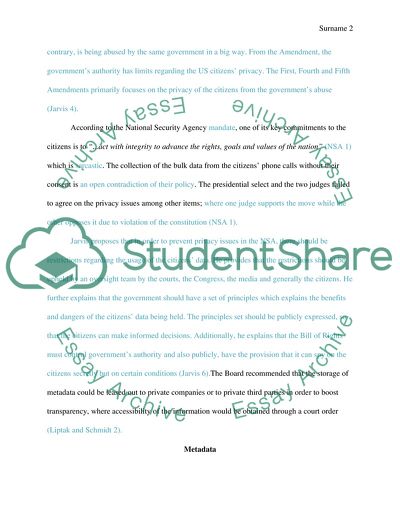Cite this document
(National Security Agency Coursework Example | Topics and Well Written Essays - 1750 words, n.d.)
National Security Agency Coursework Example | Topics and Well Written Essays - 1750 words. https://studentshare.org/social-science/1861717-national-security-agency-nsa
National Security Agency Coursework Example | Topics and Well Written Essays - 1750 words. https://studentshare.org/social-science/1861717-national-security-agency-nsa
(National Security Agency Coursework Example | Topics and Well Written Essays - 1750 Words)
National Security Agency Coursework Example | Topics and Well Written Essays - 1750 Words. https://studentshare.org/social-science/1861717-national-security-agency-nsa.
National Security Agency Coursework Example | Topics and Well Written Essays - 1750 Words. https://studentshare.org/social-science/1861717-national-security-agency-nsa.
“National Security Agency Coursework Example | Topics and Well Written Essays - 1750 Words”. https://studentshare.org/social-science/1861717-national-security-agency-nsa.


